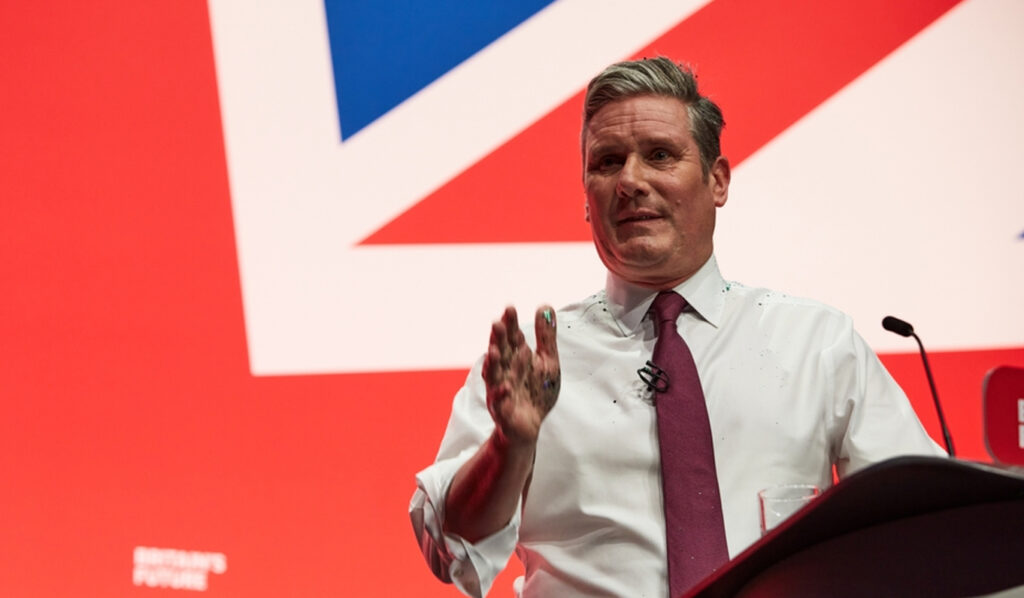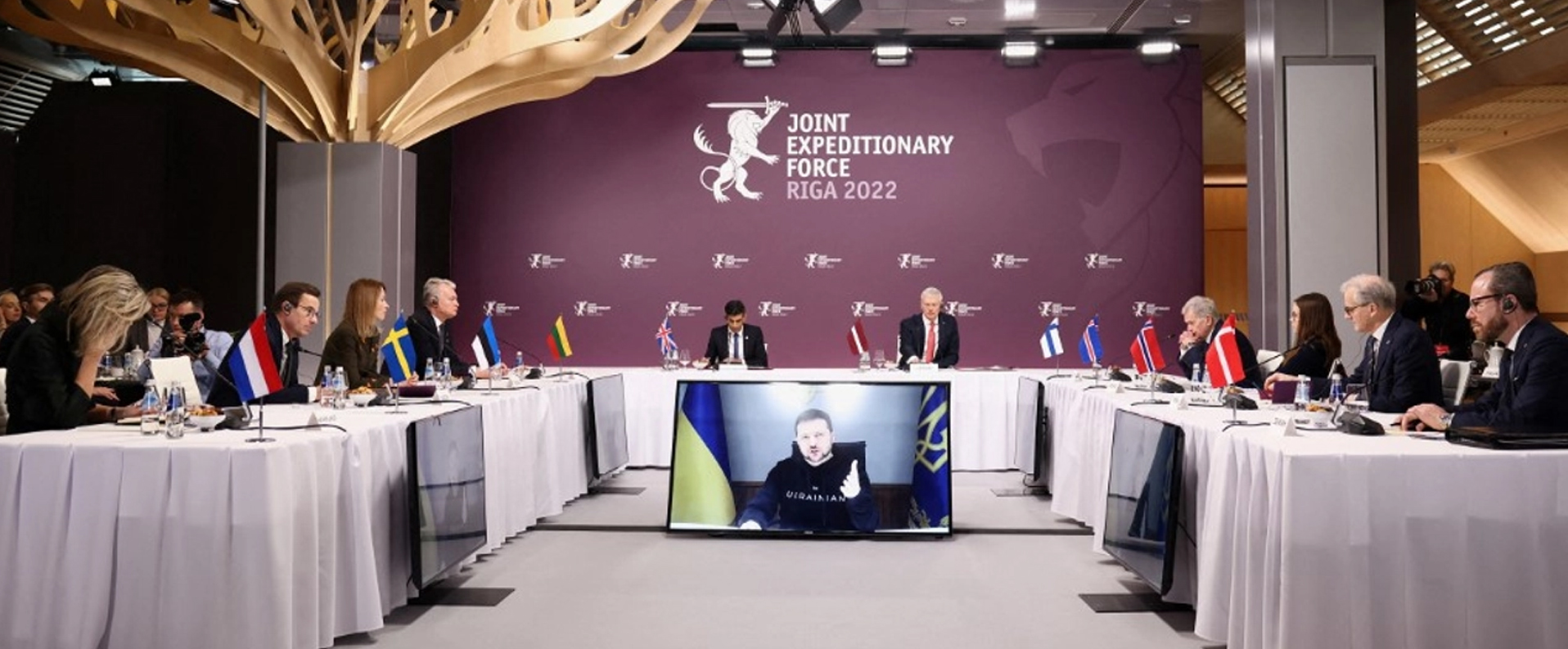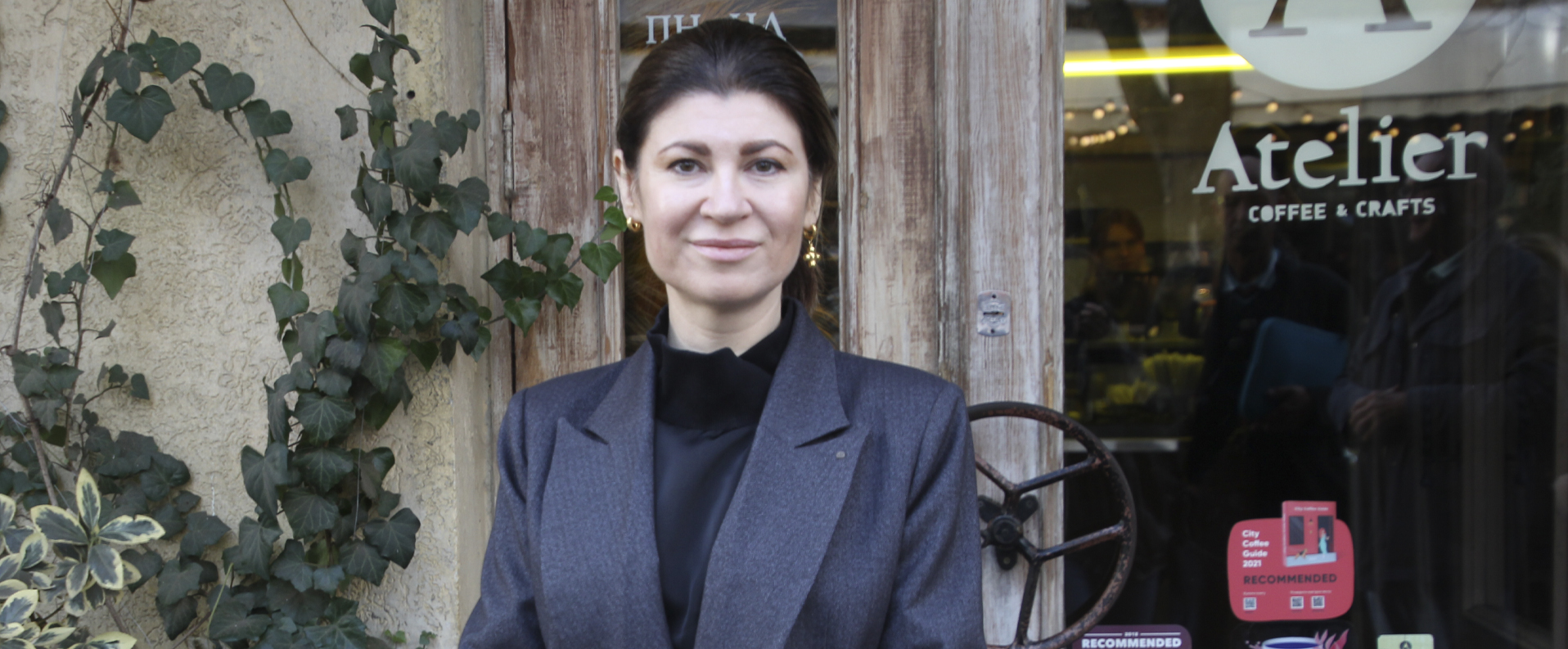
Published in the Daily Mail on 18 April 2024.
In a survey just under a year ago I found that defence and national security was the one area in which the Conservatives were still trusted more than Labour. As the world seems to become more unstable by the week, and with UK forces taking part in an operation to shoot down Iranian drones, might these issues come to play a bigger part in people’s voting decisions, to the Tories’ advantage?
There is certainly evidence that defence is on the minds of more voters. Only 8% named it among the top three issues facing the country a year ago, compared to 13% today. But four times as many mention the cost of living and even more name the NHS.
In any case, the Conservatives should not expect a dividend if national security is climbing the political agenda. My latest poll now finds Labour to be ahead on the issue, for the first time I can remember in my years of polling. Only 28% of voters think Labour would do a better job on defence, but the Tories languish on 26%, with nearly half of voters saying they don’t know. In the event of an armed conflict that threatened the UK, only just over one in five say they would trust Keir Starmer more than Rishi Sunak to lead and make good decisions, but only 15% say the reverse. Sir Keir is hardly the new Sir Winston, but defence is not the firm Tory territory it once was.
It has therefore followed the economy, tax rates, crime, Brexit and even immigration as a once bankable Tory issue on which Labour are now more trusted – perhaps it would be better to say slightly less distrusted – than the Conservatives. Immigration and asylum tops priority list for 2019 Tory voters, but they are frustrated at spiralling numbers and the apparent inability to stop the boats. While most Tories want to see the Rwanda plan implemented as soon as possible (as do those currently backing Reform UK), large numbers want it scrapped – either because it seems too harsh or, to the ears of sceptical Tories, it sounds expensive and impractical.
Starmer leads Sunak by 15 points when we ask who would make the best prime minister, but only one in three actually name the Labour leader: again, nearly half say they don’t know. There is no excitement about the idea of a Starmer government, as my focus groups around the country confirm. Spontaneous descriptions of Starmer include pompous, smarmy, inauthentic, indecisive and feeble, and few have heard policy ideas from his party.
But crucially, only one in ten of those who voted Conservative four and a half years ago say they are satisfied with the government. The loss of trust in the Tories that followed the partygate revelations has not been repaired, and for many more the problem is simply one of competence. Though inflation is falling, most people say they feel worse off than at the time of the last election. Despite high taxes and record spending, public services like the NHS are just not good enough. Some who had high hopes that Sunak would get a grip on things after the post-2016 circus now lament that nothing seems to be changing for the better.
It’s not surprising, then, that most people – even most 2019 Tories – now expect Starmer to win, though they are divided as to whether we will see a big Labour majority or a modest one. With some studies suggesting the Conservatives could lose more than 200 seats, around one in five say they want the defeated Tories to be left with enough MPs to form a decent Opposition and hold the new government to account – but four in ten, including around one in seven of those who voted for the party in 2019, say they don’t care how many Tories are left in parliament: as far as they are concerned, “the fewer the better”.
On the “sexting” scandal that dominated recent Westminster coverage, it is possible in a certain light to detect a degree of sympathy in my poll. Six in ten voters say they have been targeted by a scam, including 12% who admit to falling for one. When it came to sending texts with inappropriate pictures, a clear majority thought MPs were probably no more or less likely to do this sort of thing than anyone else.
But in political terms the broader moral of that story, if there is one, is that when things are going wrong for a government it is hard for it to catch a break of any kind. We can surely understand why a beleaguered PM would want to put off calling an election for as long as possible in the hope that something might turn up. But what if things just keep getting worse?
DOWNLOAD PDF


